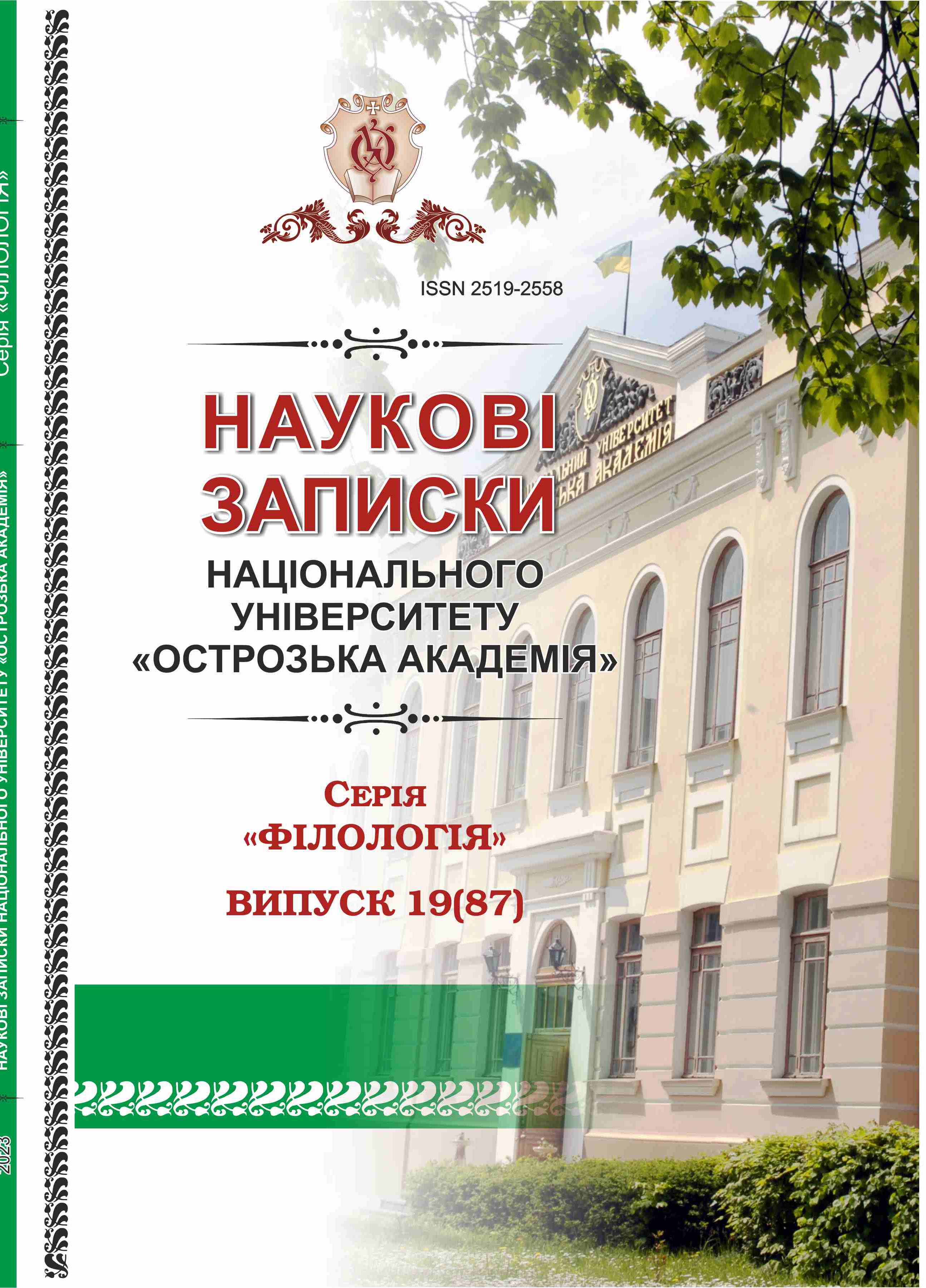ПРОФЕСІЙНА ДІЯЛЬНІСТЬ ПЕРЕКЛАДАЧА В УМОВАХ ВІЙСЬКОВОГО КОНФЛІКТУ ТА КРИЗИ: СУЧАСНІ ВИКЛИКИ ТА ДИЛЕМИ
Ключові слова:
етичний кодекс професійної діяльності перекладача, роль перекладача в зоні військового конфлікту, нейтральність, неупередженість, точність та повнота перекладу, відповідальністьАнотація
Діяльність перекладача в умовах війни значно відрізняється від роботи в мирний час, оскільки умови праці суттєво впливають на процес прийняття рішень, вибір відповідних стратегій, а також через етичні міркування та/чи обмеження, з якими перекладачі вимушено стикаються під час виконання своїх професійних обов’язків. У сучасних дослідженнях все частіше підкреслюється зростання «видимості» перекладача на війні. Все більше науковців сходяться на думці, що етичний кодекс професійної діяльності перекладача, коли йдеться про роботу в зоні військового конфлікту, потребує перегляду і змін. Однією із гострих проблем є ставлення до перекладача з боку представників кожної із сторін конфлікту, недостатність довіри, що викликає етичний стрес та подекуди призводить до загрози для життя, оскільки ідентичність перекладача є невизначеною і тривожною. Національні чи етнічні характеристики часто слугують основними засобами ідентифікації перекладача як особистості і як професіонала Професійний рівень перекладачів на війні (переважно йдеться про найнятих місцевих жителів) часто є причиною непорозумінь та серйозних етичних проблем, пов’язаних з адекватністю, точністю та повнотою перекладу. Перекладачі мають певну свободу вибору що і як перекладати, тому вони можуть мати значний вплив на розгортання та контруювання наративу війни, часто непомітно для інших учасників. Сучасні дослідники наголошують на тому, що в умовах збройного конфлікту такі основоположні пункти етичних кодексів як нейтральність та неупередженість майже повністю нівелюються. Перекладачі на війні – не просто мовні посередники, а безпосередні учасники конфлікту. Невідповідності між базовими принципами професійної етики та реальними умовами праці перекладачів в зоні збройного конфлікту вимагають ретельного аналізу з подальшим вдосконаленням існуючих етичних кодексів, внесенням відповідних змін з посиленням принципу відповідальності, окресленням меж повноважень перекладача, та включенням чітких правил і врегулювань.

